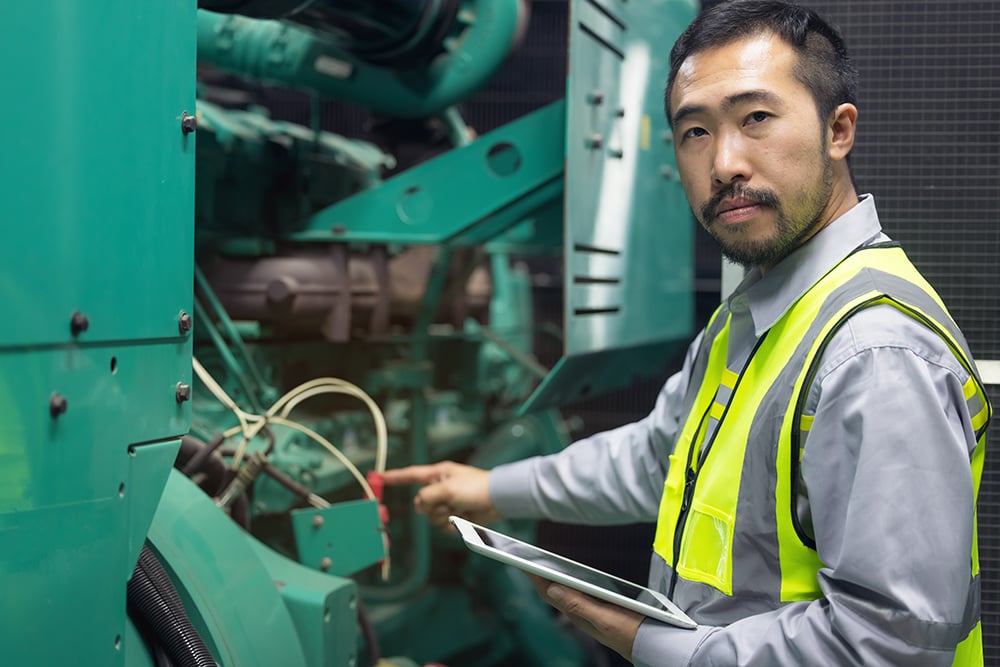
Purchasing an existing equipment appraisal practice can be a great way to start your own business or expand your current valuation firm. Acquiring an established company gives you a foundation of existing clients, systems, and reputation to build upon. However, choosing the right one can be a challenge.
The value of any appraisal business lies heavily in its clients. Review the practice's existing client list, frequency of repeat work, and strength of their relationships with those they work with. A practice with long-term, loyal clients and strong referral pipelines provides immediate cash flow and growth opportunities.
The equipment appraisal industry is somewhat of a niche market with considerably fewer players than business and real estate appraisal firms. Therefore, a strong website with a solid SEO will go a long way toward clients finding you through their internet searches and alleviate many marketing headaches. This can be an incredible benefit to a new business owner who wouldn't need to chase leads but instead, manage the ones that come in through their website.
An appraisal practice with a strong reputation in the marketplace carries significant intangible value. Look for evidence of positive client feedback, professional affiliations, and industry recognition. A solid brand can shorten the time it takes for you to gain trust with new clients.
Ensure the prior owner is an accredited appraiser who adheres to USPAP (Uniform Standards of Professional Appraisal Practice) and other recognized industry standards. This will lend credibility to the company and allow the business to take on dispute work involving litigation.
Review three to five years of financial statements. Consider profit margins and fee levels in relation to the size and complexity of projects. Look at gross revenue from steady clients vs. new business. A financially diverse and steady practice is far more valuable than one overly reliant on a single revenue stream.
Smooth ownership transitions are critical in professional services businesses. Ask the seller if they are willing to stay on temporarily to introduce you to clients, train you on their systems, and transfer institutional knowledge. This support can make or break the long-term success of your acquisition.
In summary, acquiring an existing equipment appraisal practice can be a rewarding investment if you conduct thorough due diligence. By focusing on SEO and website effectiveness, client relationships, reputation, financial stability, and operational systems, you will position yourself to carry forward the company's legacy while adding your own vision for growth.





